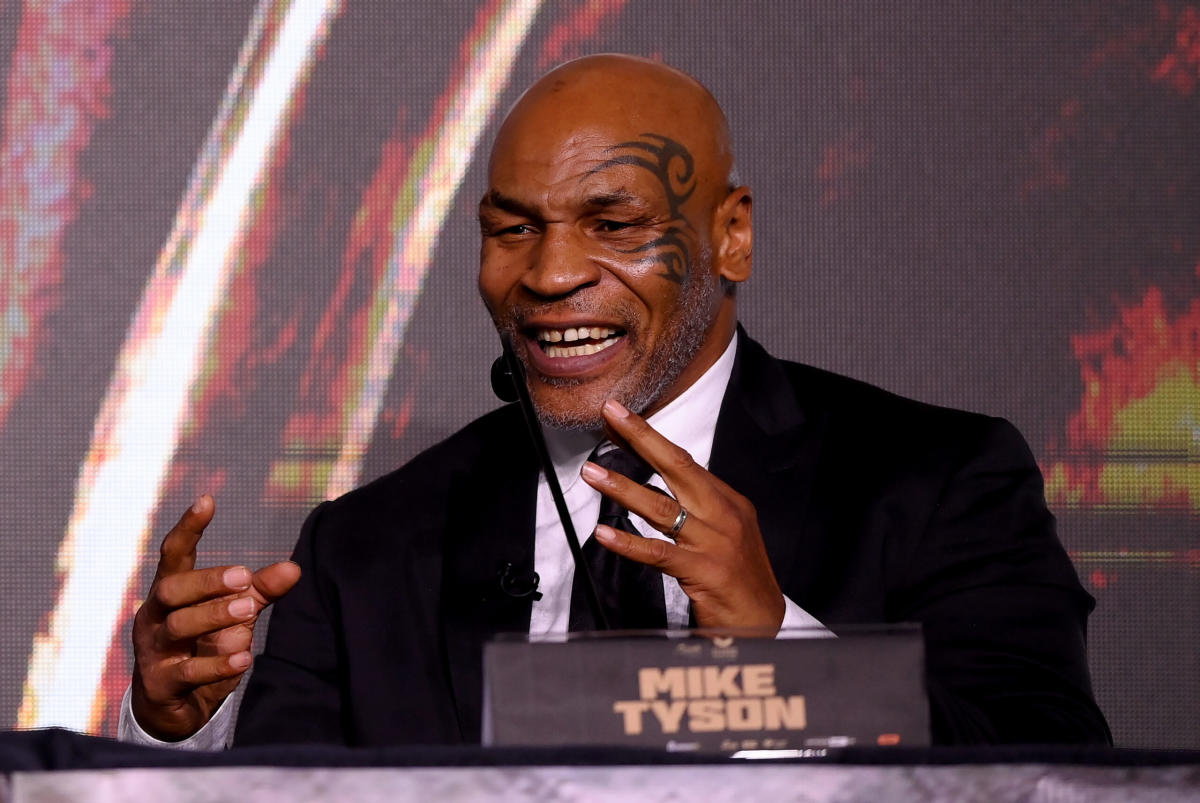Hollywood legend Tom Hanks has sparked a viral sensation with his recent text exchange with his son, Chet, delving into the complexities of Kendrick Lamar and Drake's iconic feud. The conversation has laid bare the generational divide in musical tastes and perspectives, offering a unique glimpse into the evolving landscape of hip-hop and its cultural impact.

In an era where technology has bridged generational gaps, a viral text exchange between Tom Hanks and his son Chet has ignited a discourse on the dynamic relationship between music and intergenerational perspectives. The conversation, centered around the ongoing feud between hip-hop powerhouses Kendrick Lamar and Drake, has served as a microcosm of the evolving musical landscape and its impact on different demographics.
Tom Hanks, an acclaimed actor known for his versatility and cross-generational appeal, found himself navigating the unfamiliar territory of contemporary hip-hop when his son, Chet, a rapper and musician, enthusiastically shared details of the Kendrick Lamar-Drake rivalry. In a series of text messages, Hanks' bemusement and curiosity were evident as he inquired about the feud's origins and dynamics.
Chet, with the perspective of a young artist deeply immersed in the hip-hop culture, provided his father with a comprehensive explanation of the long-standing tension between the two rap titans. He highlighted the lyrical battles, subliminal disses, and the cultural significance of the rivalry, offering a glimpse into the intricate web of artistry, competition, and personal narratives that fuel hip-hop's competitive spirit.
Hanks' reaction, a blend of amusement, intrigue, and occasional confusion, mirrored the generational divide in musical tastes and experiences. The conversation underscored the evolving nature of hip-hop, its transition from an underground subculture to a mainstream phenomenon, and the contrasting perspectives of older and younger generations towards its aesthetic and cultural nuances.
Beyond the specific feud between Kendrick Lamar and Drake, the conversation highlighted the broader generational divide in music preferences. Hanks, a child of the rock and roll era, represented the tastes of a generation raised on classic guitar-driven anthems. Chet, on the other hand, embodied the digital-age music consumer, drawn to the rhythmic pulse, clever wordplay, and storytelling of hip-hop.
The generational divide in musical tastes is not merely a matter of personal preference but also reflects broader cultural and societal shifts. Hip-hop's rise to prominence in recent decades has been accompanied by its evolution into a diverse genre encompassing various subgenres and styles, appealing to a wide range of demographics. While traditional rock and pop music continue to hold sway with older generations, hip-hop has captured the hearts and minds of younger audiences, shaping their musical identities and cultural experiences.
The Hanks-Chet conversation, in this context, becomes a poignant reminder of the ever-changing musical landscape, where intergenerational dialogue and understanding can bridge the gaps between different musical worlds. As technology continues to break down barriers and connect generations, it is through conversations, shared experiences, and a willingness to embrace new perspectives that we can truly appreciate the richness and diversity of music and its profound impact on our lives.







